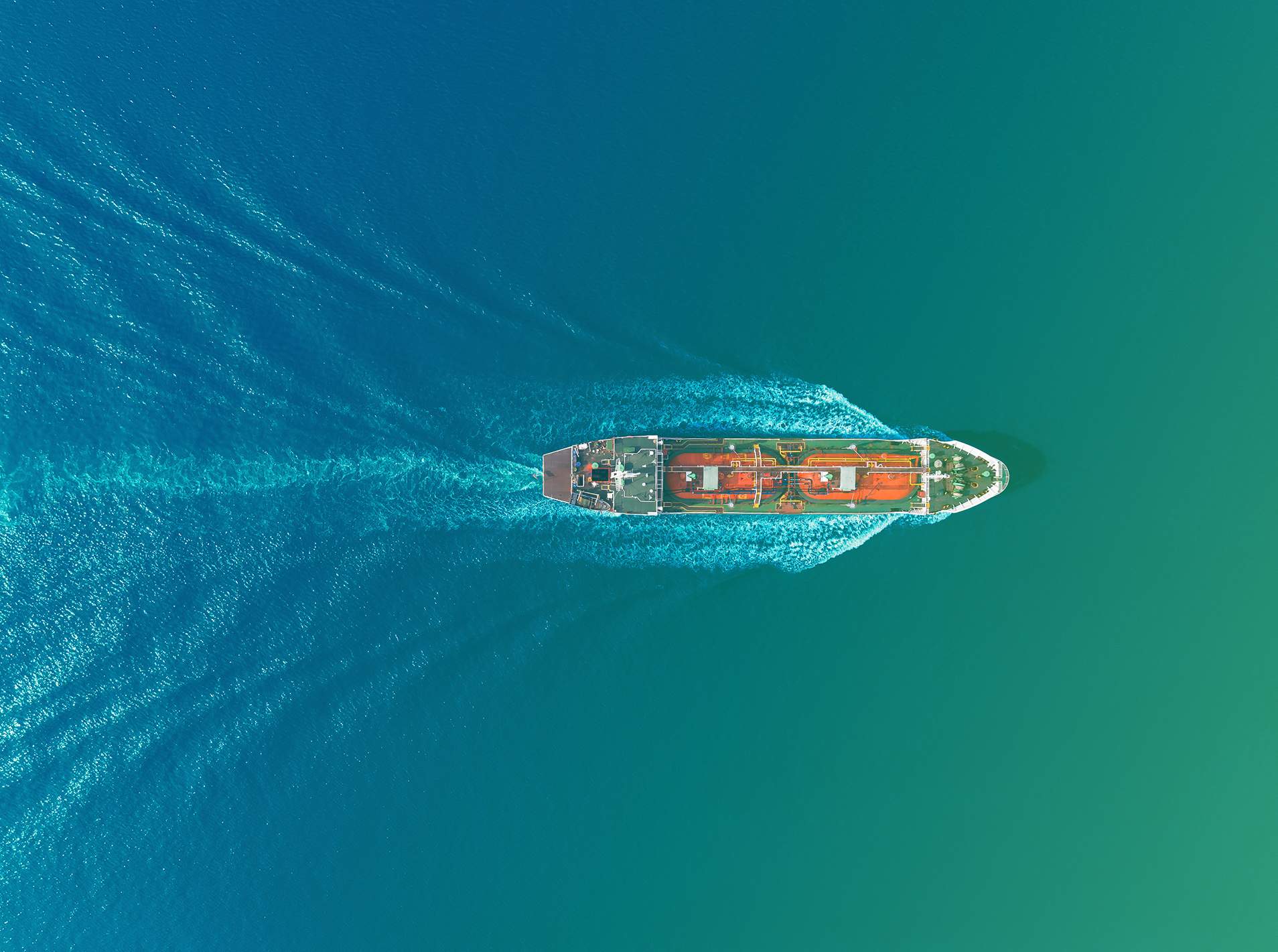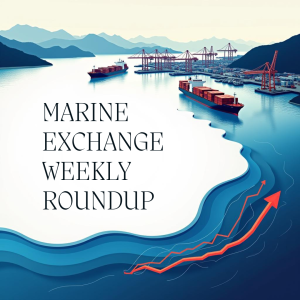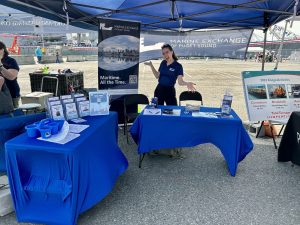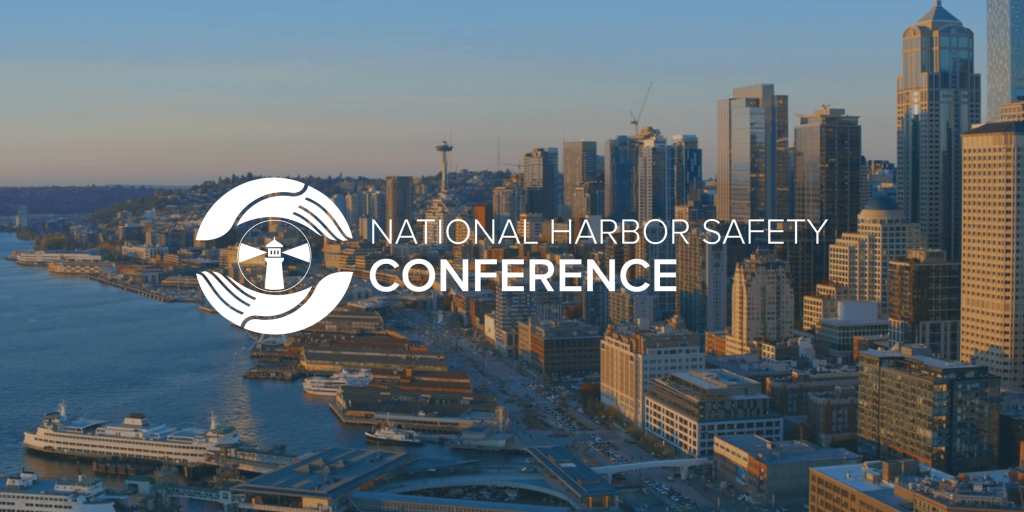
The International Maritime Organization (IMO) voted on October 17, 2025, to delay adoption of the world’s first global carbon pricing system for shipping by one year, following pressure from the U.S., Saudi Arabia, and other oil-producing nations. The Net-Zero Framework, which had majority support (63 countries in favor during April’s vote), would have required ships to pay fees for exceeding carbon intensity targets, generating up to $15 billion annually starting in 2030. The delay vote passed 57-49, with 21 abstentions, after the Trump Administration reportedly threatened retaliatory tariffs against developing nations supporting the framework.
Key Details
- Original timeline: Framework was set to enter force in March 2027; now delayed until at least October 2026 vote
- Mechanism: Ships exceeding emissions targets would pay fees; efficient vessels could earn tradable credits
- Industry impact: Creates uncertainty for investments in decarbonization technologies and alternative fuels
- Opposition tactics: U.S. and Saudi Arabia attempted procedural changes to make future adoption more difficult
Washington State Context
Port of Seattle Commissioner Fred Felleman’s Response:
Despite the IMO’s postponement, Port of Seattle leadership emphasized local commitment to climate action. Commissioner Felleman stated: “Our environment and economy cannot afford any further delay to address the most pressing issue of the day.” He reaffirmed that the Port of Seattle will continue working with Pacific trade industry leaders, noting that “some of the world’s most successful and progressive industries are based in the Pacific Northwest,” and pledged to provide infrastructure support to help companies meet their greenhouse gas emission goals regardless of international delays.
Regional Implications:
For Washington State’s maritime industry, a critical gateway for Pacific trade, this delay creates a complex situation. While the postponement may provide short-term cost relief for shipping companies using Northwest ports, it also extends regulatory uncertainty that could hinder long-term investments in green maritime infrastructure and alternative fuel capabilities that Seattle and Tacoma have been positioning to support.







No comment yet, add your voice below!